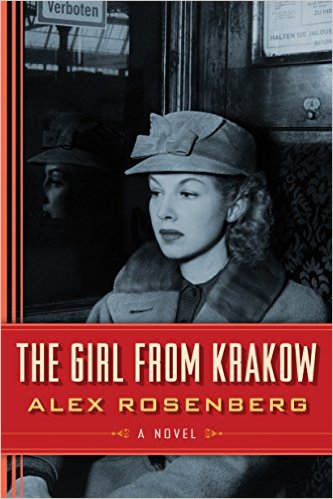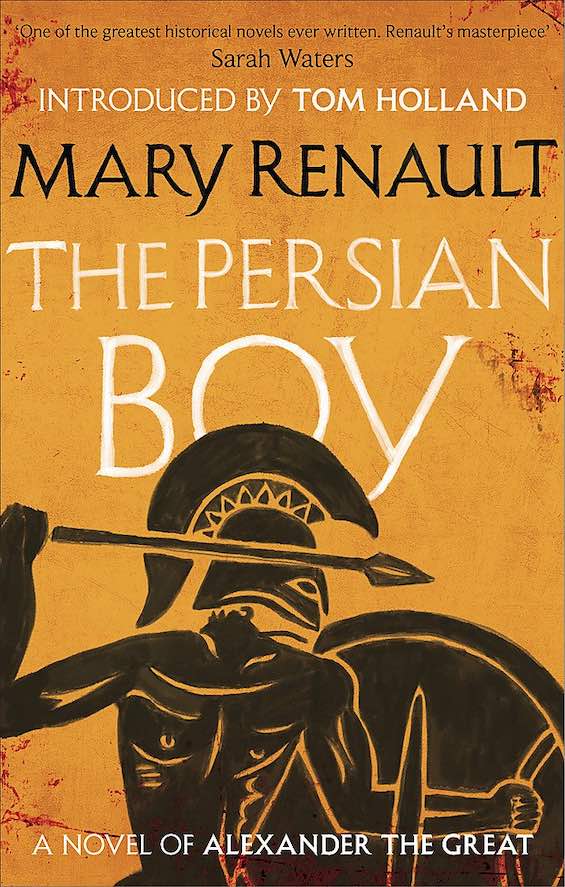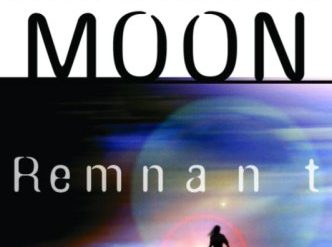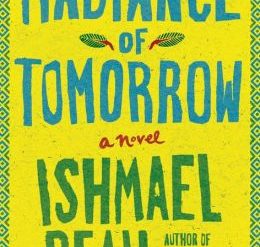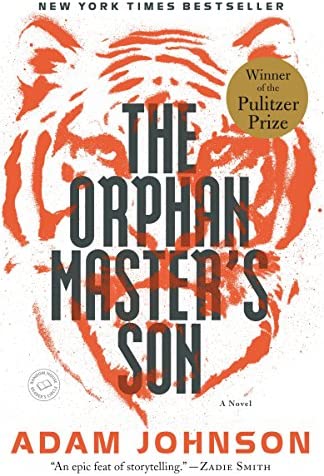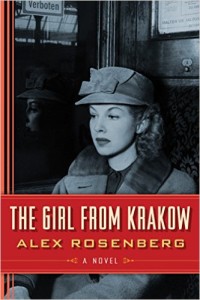
Few topics in human history have been written about so extensively as the Second World War. Historians, philosophers, military analysts, novelists, and writers of every other conceivable description have all weighed in with their specialized perspectives on what is so widely believed to have been the most consequential event in the history of the human race. Whether that belief is hyperbolic or not is unimportant: the many wars that raged around the globe that together constituted World War II upended hundreds of millions of lives. But for the most part we know about these cataclysmic events through the eyes of outsiders. Here, though, is a compelling novel written from a Polish perspective.
That, at any rate, was unquestionably a first: never before, and never since, has a single event affected so many lives. And the subjective experience of every one of those hundreds of millions of individuals who experienced some aspect of the war is equally valid. When skillfully related, that experience can illuminate the human condition.
The Girl From Krakow is one novelist’s attempt to examine the impact of the Second World War from the perspective of a young woman (Rita Feuerstahl) and a young man (Tadeusz Sommermann), both of them Jews born in Poland in the aftermath of World War I. The story spans the time from the last years of the 1930s, as Rita and Tadeusz were university students and much of Europe fearfully steeled itself for war with Germany, until the early postwar years as the Russians and their Western Allies divided up the spoils of the Continent.
The Girl From Krakow by Alex Rosenberg (2015) 454 pages ★★★☆☆
Tall, slender, and blonde, Rita manages to hide out under the noses of the Nazis masquerading as Margarita Truschenko, an ethnic German (Volks-Deutsche) from Ukraine. Tadeusz, a physician, has practiced in Spain during the Spanish Civil War and acquired an alternate identity as Guillermo (Gil) Romero, a Catalan gynecologist. The stories of these two fascinating characters unfold separately and intersect along the way, giving the author the opportunity to peer into several of the darkest corners of the war: the brutal Russian and German interventions in Spain, the Stalinist purges, the Nazis’ einsatzgruppen (murder squads formed to exterminate Jews) and their merciless suppression of the Warsaw Ghetto, Stalin’s deportation of the Tatar people of the Crimea to the steppes of Kazakhstan, and, of course, the extermination camps.
As you might deduce from this recitation of the events in the background of The Girl From Krakow, the story is more than a little contrived. It appears more to serve as a vehicle to illustrate the tragic history of that time than to plumb the character of its protagonists. Compounding this problem is what appears to have been a last-minute editorial decision to engage the reader at the outset by tacking on a preface of sort that is copied verbatim from one of the most dramatic episodes that takes place late in the story.
Alex Rosenberg teaches at Duke University and is the author of several books about philosophy and science. This is his first novel.
For more great reading
For a novel about Jews in Kraków during the same period, see The Kommandant’s Girl by Pam Jenoff (Conflicted love during the Holocaust).
If you enjoy reading history in fictional form, check out 20 most enlightening historical novels. And if you’re looking for exciting historical novels, check out Top 10 historical mysteries and thrillers.
You might also be interested in Top 10 great popular novels.
My post 10 top nonfiction books about World War II may also interest you.
And you can always find my most popular reviews, and the most recent ones, on the Home Page.

